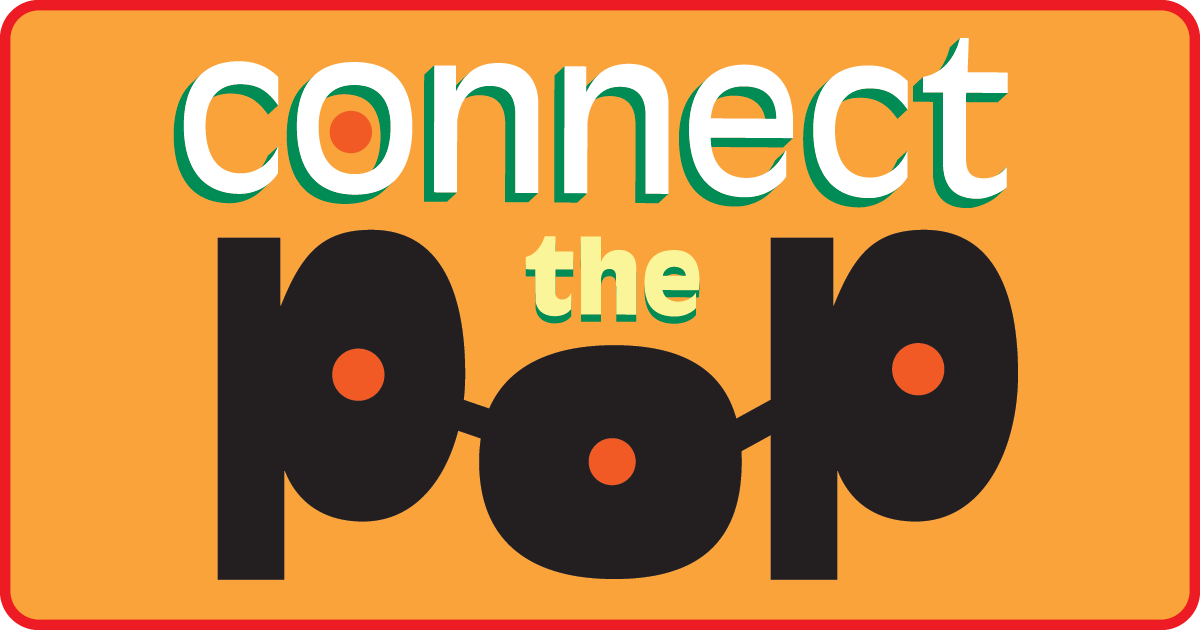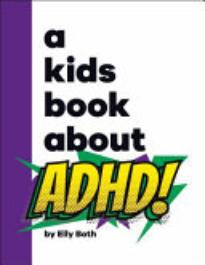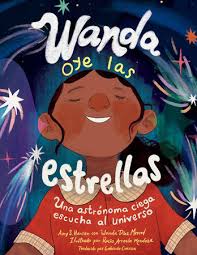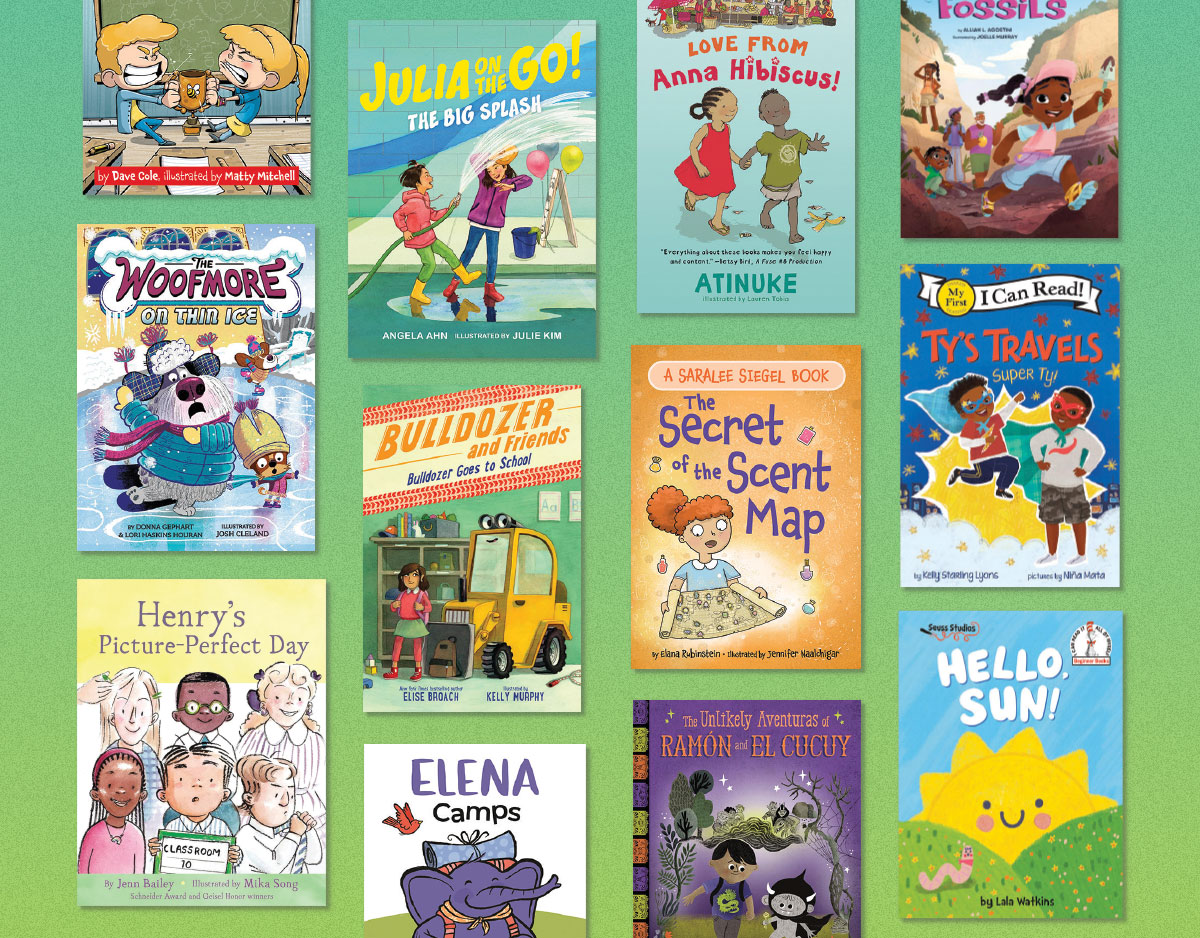SCROLL DOWN TO READ THE POST
Ways to Welcome Fanfiction in Schools
Guest Post by Drew Emanuel Berkowitz
Public school libraries can sometimes feel like a very unwelcome place for reading and writing fanfiction. Despite librarians’ best efforts to set up computers and media centers, an article in the American Association of School Librarians’ journal reports that frequently:
“…the student who checks out “Harry Potter and the Deathly Hollows” is prohibited from perusing J.K. Rowling’s website or contributing stories to the Harry Potter thread on a fan fiction website. Whether wittingly or unwittingly, the school’s mission of promoting reading and literacy is somehow interpreted differently when the Web is the medium of delivery.” (57)
Of course, adolescents often compose fanfiction in non-school public libraries, but shouldn’t they be encouraged to write and read in the places where writing and reading is taught?
 Meanwhile, in their English, language arts, and social studies classrooms, students are also encountering exercises that attempt to draw from other elements of their digital lives, like lesson plans that ask them to consider the “Blog of Anne Frank” or create Facebook-style pages for Charles Dickens characters. If the students’ actual interests in social media do not match up with classroom exercises (i.e., if Facebook-based activities do not incorporate photo-sharing or wall posting), they might not become engaged with the material. Yet, it can be difficult for educators to adhere to standards like the Common Core while maintaining total authenticity to students’ out-of-school experiences.
Meanwhile, in their English, language arts, and social studies classrooms, students are also encountering exercises that attempt to draw from other elements of their digital lives, like lesson plans that ask them to consider the “Blog of Anne Frank” or create Facebook-style pages for Charles Dickens characters. If the students’ actual interests in social media do not match up with classroom exercises (i.e., if Facebook-based activities do not incorporate photo-sharing or wall posting), they might not become engaged with the material. Yet, it can be difficult for educators to adhere to standards like the Common Core while maintaining total authenticity to students’ out-of-school experiences.
ADVERTISEMENT
ADVERTISEMENT
Therefore, the success of any exercise based on out-of-school interests may partially depend on how well you can develop non-authentic elements that will not “turn off” your students. In this article, we will look at a few teacher librarians and public school teachers who have tried this approach with fanfiction, and how their experiences might help you connect with students in your schools.
Overcoming Limitations
Tracey Kell, a middle school librarian in Hall County, Georgia, decided to create a peer-oriented writing exercise based on fanfiction. The lesson would follow her school’s literacy conventions by asking fans of popular culture like Twilight to write and share journal entries about their interests. Then, Kell would introduce fanfiction as a way to express interest through creative writing.

In an issue of Teacher Librarian, Kell noted that she was temporarily hindered by technological issues. School computers blocked access to blogs, forums, and wikis, and many students did not have Internet at home. Instead, Kell decided to have students write their stories in Word documents and share them on the school’s server, where they could be read and critiqued by classmates.
Although this solution was not “as fluid or fulfilling” as Kell would have liked, her students loved the activity, gave better peer feedback than they had in face-to-face writing exercises, and overwhelmingly preferred writing fanfiction to non-fanfiction. However, Kell expressed concerns that her exercise might not have been as well received had any student written fanfiction (or for that matter, known what it was) prior to the lesson…
Offering Alternatives
ADVERTISEMENT
ADVERTISEMENT
It may, or may not, surprise you to learn that many people who write about bringing fanfiction into schools are not fanfiction authors; I myself am not. Unfortunately, while you don’t need to be a member of a group to write about it, you might run the risk of irritating people who are if you do. When it comes to fanfiction and academics, there is a long history of non-fans writing and doing things that fans don’t particularly like, so you should be extraordinarily careful when you introduce fanfiction-based exercises to wary young fans.
Take, for instance, the suggestion that students’ Harry Potter fanfiction can be transformed into “critical” reading and thinking if teachers are prepared to “help them think deeply about how issues such as class, gender, sexual identity, and race operate in fiction.” Some fanfiction practitioners might find this explanation of why you are using fanfiction in schools deeply unsatisfying and unauthentic. They might also infer that you think there is something wrong with their existing fanfiction; after all, no one wants to be told that his thinking is not critical.

If student fanfiction authors object to such non-authentic elements of your classroom practices, the best solution may be to offer alternatives. Some of the best examples of this are offered by Amy Schechter and Jennifer Denmon, two secondary school teachers in Florida: students in their sixth, seventh, and ninth grade classes wrote fifteen-page short stories using peer-conferencing, and could choose to write either traditional fiction or fanfiction. This allowed students to “buy-in” to the assignment (and also allowed any existing fanfiction authors to choose whether or not to write fanfiction). Additionally, although Schechter and Denmon graded their students’ stories, they also allowed students to select stories from online fanfiction communities for use as mentor texts, and even let the ninth graders post their own stories online and receive feedback. This provided students who might have had issues with “graded fanfiction” with multiple avenues of evaluation that were more authentic to their out-of-school experiences.
Using School Libraries to Help Fanfiction
English teachers usually bring video games into their classrooms because they want to make their students better at English, not because they want to make their students better at video games. Many educators also treat their students’ fanfiction interests the same way, but perhaps they shouldn’t. Not only might fans feel that their hobbies are being co-opted, but educators also risk missing out on many of fanfiction’s most teachable moments. When we return for our final post, I will introduce several ways that school librarians can work “outside of the classroom” with students and their fanfiction, in order to show how in-school learning can benefit out-of-school fan interests.
[In case you missed the first entry in this series of posts on fanfic in K-12 public schools, here you go. The concluding post is here. -Peter]
Filed under: English, Fandom, New Media, Transliteracy
About Peter Gutierrez
A former middle school teacher, Peter Gutierrez has spent the past 20 years developing curriculum as well as working in, and writing about, various branches of pop culture. You can sample way too many of his thoughts about media and media literacy via Twitter: @Peter_Gutierrez
ADVERTISEMENT
SLJ Blog Network
How Candace Fleming Made an Award Winner
World Premiere Video for a Brand New Amos McGee! With Special Q&A with Erin E. Stead
Superman’s Good Guy Gang | Review
Heavy Medal Suggestions: 73 Titles and Counting
Fast Five Interview: Donna Galanti
The Classroom Bookshelf is Moving
ADVERTISEMENT
ADVERTISEMENT








